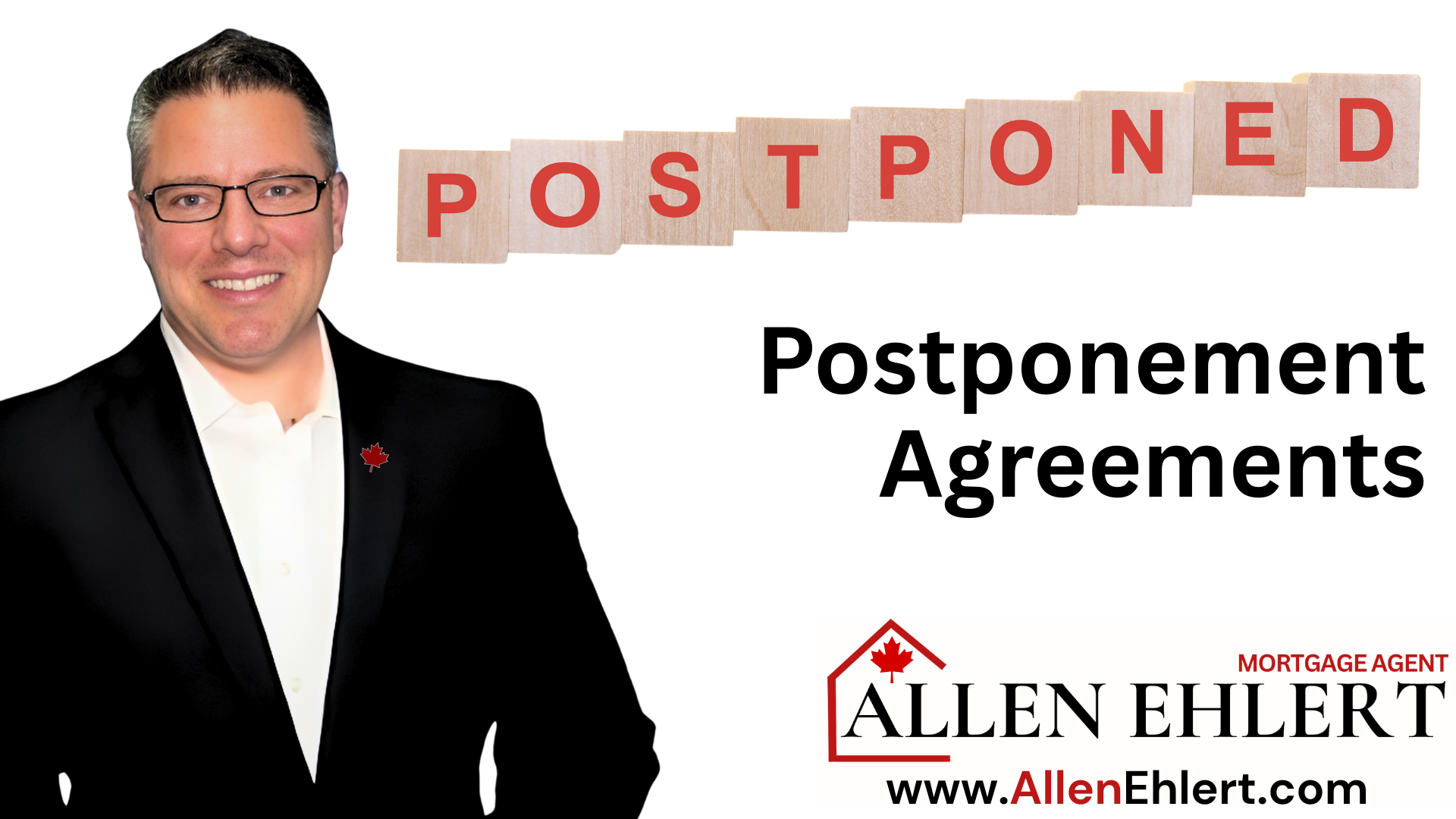As a licensed mortgage agent committed to helping clients navigate the complex world of real estate financing, I often encounter scenarios where traditional “A” or even “B” lenders simply aren’t a fit. For those moments, it’s critical to have a reliable, flexible, and client-first lending partner. One such lender I’m proud to introduce to my clients and partners is New Haven Mortgage Corporation.
Who is New Haven?
New Haven is a boutique, Ontario-based mortgage lender operating in the space between “B lenders” and private lenders—a unique position that allows them to offer tailored solutions for clients with short-term financing needs. They lend across Ontario, from the GTA to more rural areas south of Thunder Bay, with an underwriting approach that blends equity-based lending with thoughtful borrower assessments.
Being what the industry refers to as a “Mix Lender”—not quite a B lender, not fully private—New Haven has the freedom to customize mortgage structures in ways that larger institutions often can’t. This model implies flexibility, quick turnaround times, and solutions designed around real-life scenarios—not checkboxes.
What is a Mix Lender?
New Haven Mortgage Corporation is what’s known in the mortgage industry as a Mix Lender, sometimes referred to as a “bridge lender” or a hybrid lender. It operates in a niche space between B lenders (such as credit unions and trust companies) and private lenders (typically individual or institutional investors offering short-term financing).
What This Means:
- More flexible than a B lender: Unlike B lenders, New Haven does not require minimum credit scores, traditional income verification, or strict debt servicing ratios. They’re able to work with clients in active bankruptcies, with bruised credit, or unconventional income sources.
- More structured than a private lender: Unlike many private lenders who offer only equity-based loans with very short terms and high rates, New Haven applies a dual-layer underwriting process that assesses both the property and the borrower using a defined scoring system. This makes them more predictable and reasonable in pricing, especially for clients with a clear plan to exit the mortgage.
Implications for Borrowers:
Being a Mix Lender means New Haven can:
- Offer short-term, solution-based lending with terms from 6 months to 1 year or more.
- Approve clients traditional lenders can’t touch—without charging excessive private lending fees.
- Work with mortgage agents to creatively structure deals (e.g., blanket mortgages, collateral charge second positions, or interest-only payments).
In short, New Haven fills the critical gap for borrowers who are transitioning—whether due to credit issues, income documentation challenges, or needing a short-term mortgage to get from one phase to another.
Why Choose New Haven?
Here are three compelling reasons clients turn to New Haven for real estate financing:
- Flexible Qualification Criteria
- Customizable Mortgage Solutions
- Short-Term, Purpose-Driven Lending
Flexible Qualification Criteria
New Haven is not bound by the rigid guidelines of traditional lenders. They require no minimum beacon score, accept borrowers in active bankruptcies (with trustee permission), and don’t demand income documentation. Whether your income is from employment, self-employment, rental, or other sources—New Haven allows for a truly common-sense approach to underwriting.
Customizable Mortgage Solutions
With mortgage terms as short as six months (open or closed), fully open terms, or longer amortizations up to 40 years, clients can choose options that reflect their exit strategies and cash flow needs. Mortgages can be structured as interest-only or amortized, with partial prepayment flexibility available at lower LTVs. Whether you’re bridging a gap to an “A” lender or restructuring during life’s transitions, New Haven accommodates.
Short-Term, Purpose-Driven Lending
New Haven understands their role in a client’s financial journey. They aren’t a permanent home for your mortgage, but a strategic partner that helps keep you in your home, make a purchase possible, or transition between lenders. Their goal is to provide access, not entrapment—a rare quality in the private space.
Who is the Ideal Client?
New Haven is best suited for borrowers who can’t currently qualify with a bank or monoline lender, but who have a clear exit strategy, equity in their property, and need temporary support to bridge a financial gap. This includes:
- Self-employed borrowers without verifiable income
- Clients with bruised or rebuilding credit
- Borrowers emerging from consumer proposals or bankruptcies
- Investors needing flexible financing for rental or mixed-use properties
- Homeowners needing a short-term solution to avoid power of sale
In essence, if a traditional lender says no—but there’s equity and a plan—New Haven can step in.
What Sets New Haven Apart
What makes New Haven stand out is not just their underwriting logic, but their commitment to transparency and partnership. Their internal risk scoring model balances the quality of the property with the borrower’s profile to fairly assess loan-to-value ratios, making their decisions data-informed yet human-focused.
And they go even further: with broker loyalty programs, frequent rate promotions, and supportive underwriting teams that understand urgency and nuance, they ensure both brokers and borrowers feel like partners—not files.
My Final Thoughts
When traditional lenders fall short, New Haven offers a solution grounded in understanding, flexibility, and client success. If you or your clients are navigating real estate financing challenges, let’s explore whether New Haven might be the bridge you need to move forward.
For more information on how New Haven could fit into your financing strategy—or to discuss whether you might be a candidate—please don’t hesitate to reach out.












